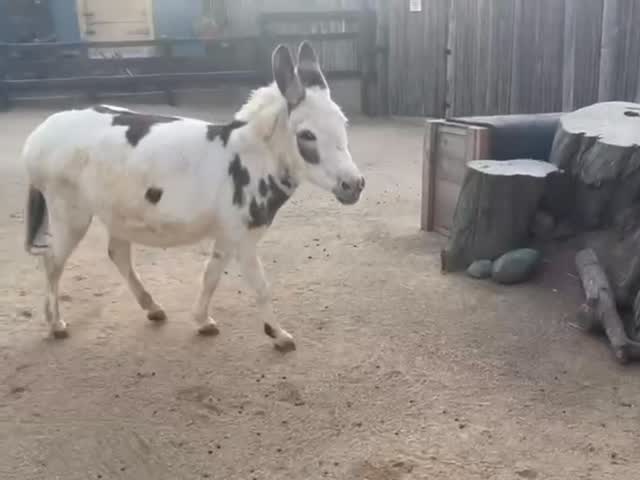- Overview of Happy World Donkey Day and its significance in promoting donkey welfare.
- Introduction to the captivating nature and behaviors of donkeys, focusing on vocalizations.
- Discussion of Shania, Luna, and Clint as beloved inhabitants of the Family Farm.
- Insights on the ecological and cultural importance of donkeys in global contexts.
- Efforts in conservation and management of donkey populations worldwide.
Happy World Donkey Day is celebrated annually to honor one of humanity’s most loyal and hardworking animal companions. This day brings awareness to the welfare, conservation, and appreciation of donkeys around the globe. Known for their resilience, intelligence, and unique personality traits, donkeys play a vital role in agriculture, ecology, and socio-economics.
Donkeys are intriguing animals with some fascinating behavioral traits. Their vocalization skills are among the most distinguishing features. Donkeys communicate through a variety of sounds, the most common being the bray. Each donkey has its unique bray that can travel over long distances. This sound serves various purposes, from attracting attention to signifying distress or hunger. Besides braying, they produce a range of other noises, including grunts, snorts, and squeals, each carrying specific meanings.
Three donkeys, Shania, Luna, and Clint, are especially cherished at the Family Farm. Shania and Luna are lively females, while Clint is a friendly male. Known for their social behavior, these donkeys often exhibit bursts of playful energy, referred to as “zoomies.” These energetic displays are signs of excitement and play, highlighting their spirited nature.
Donkeys have long been integral to human societies. Historically, they have been indispensable in carrying loads, plowing fields, and serving as reliable transportation. Their adaptability to harsh environments makes them crucial in many developing regions. Understanding their ecological role highlights their contributions to biodiversity and agriculture, helping maintain soil health and reducing desertification through their diet and grazing patterns.
In recent years, the conservation and management of donkey populations have become pressing issues. Donkey numbers are declining due to overexploitation and lack of appreciation for their role in agriculture. Organizations worldwide are working to protect and support these animals through educational initiatives and welfare programs. Efforts are aimed at ensuring sustainable use and humane treatment, preserving their populations for future generations.
Celebrating Happy World Donkey Day provides an opportunity to recognize the contributions of these remarkable animals. It raises awareness of their plight, promotes their welfare, and encourages conservation efforts, ensuring donkeys continue to thrive globally.
*****
Source Description
Happy World Donkey Day! Our three donkeys, females Shania and Luna and male Clint, are Family Farm favorites! You can see them here getting their “zoomies” in! Donkeys are known for their braying, or vocalizations, and individual donkeys have their own distinct bray, which can be heard at long distances to communicate with one another or call for attention. Donkeys also make other sounds besides braying, from grunts to snorts to squealing.
Depending on the time of day, you might hear our donkey herd letting our animal caretakers know it’s time for a snack!


